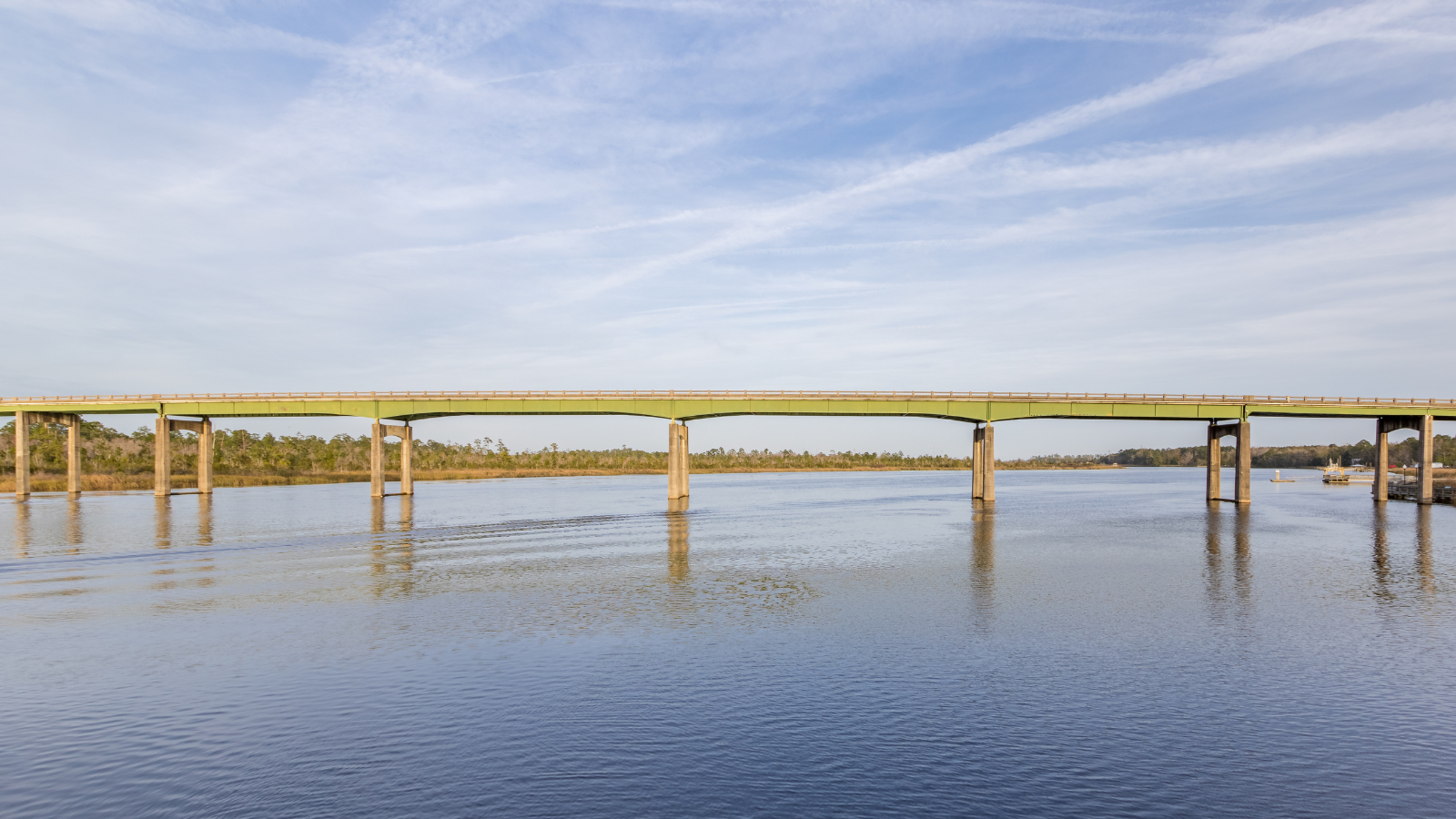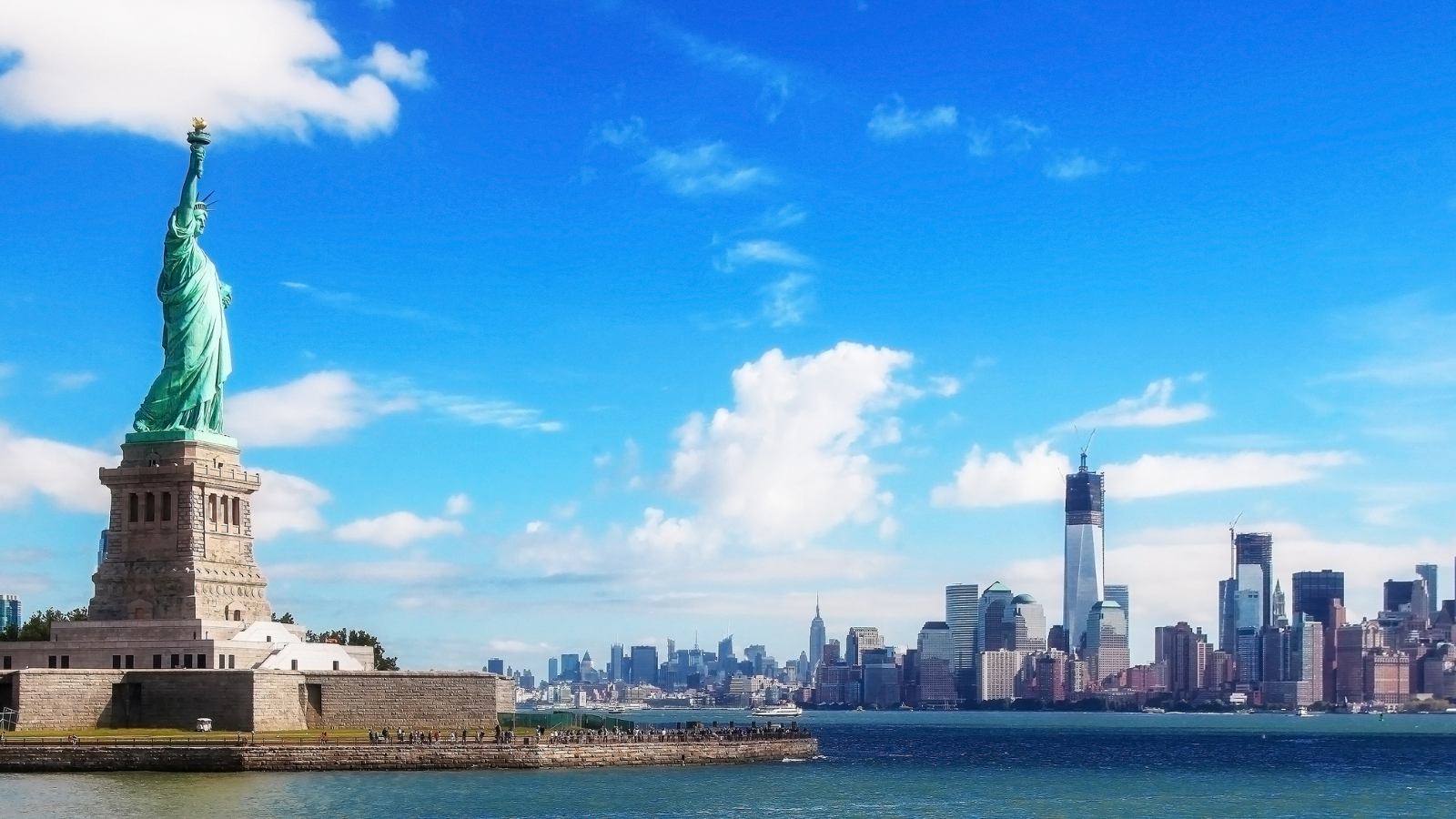Revealing Disparities With Biden's Infrastructure Investments and Electoral Realities
The Biden administration's landmark laws are allocating billions of dollars nationwide, funding diverse projects from Florida's roads to Alaska's broadband lines. However, a recent analysis by Yahoo Finance reveals that the impact of this $442 billion investment is disproportionately felt in states where Biden lacked support in the 2020 elections. Per capita, the top beneficiaries include states like Alaska, Montana, North Dakota, and Wyoming—where Biden faced significant electoral setbacks. Interestingly, among the states benefitting the most, the majority were won by Donald Trump in 2020. This disparity underscores a challenge for Biden as he seeks to showcase his achievements to Americans, especially those who remain skeptical despite landmark legislation like the infrastructure bill. Despite these challenges, the White House is actively working to highlight Biden's accomplishments, aiming to reshape public perception through messaging campaigns and outreach efforts.
WHY IS THIS IMPORTANT?
Understanding where these funds are being allocated helps stakeholders anticipate potential changes in transportation networks, logistics routes, and supply chain infrastructure. Additionally, the disparities in investment across states highlight political considerations that could influence future funding decisions and policy priorities. This insight allows industry players to adapt their strategies and operations accordingly, ensuring they remain responsive to evolving infrastructure developments and government initiatives.
🔥 OUR HOT TAKE?
Despite the Biden administration's efforts to invest in infrastructure nationwide, the distribution of funds seems to favor states where the administration had less political support. This could fuel perceptions of partisan bias in allocation decisions, potentially complicating efforts to garner bipartisan support for future initiatives. It also highlights the ongoing challenge for the administration to bridge political divides and win over skeptical Americans, particularly in states where support for Biden was lacking.
Despite these hurdles, the administration remains committed to promoting its achievements and reshaping public opinion through strategic messaging and outreach strategies.
The U.S. Department of Transportation's Federal Railroad Administration (FRA) has allocated $8.2 billion for 10 passenger rail projects and introduced corridor planning initiatives across the United States.
More than 700 bridges in Georgia are unable to handle the increased weight limits approved by lawmakers earlier this year, as reported by Deputy Chief Engineer Andrew Heath to the State Transportation Board.
New York State Thruway Authority is investing $450 million in a project to revamp and modernize its 27 service areas by 2025, aiming to enhance the travel experience for truckers and other motorists.
The U.S. House Committee on Transportation and Infrastructure has endorsed a series of bills, aiming to fortify and secure American supply chains against potential disturbances.
Building a charging infrastructure is as important as selecting the right electric vehicle when electrifying a fleet.
Recently, Shell acquired Volta Charging, an electric car charging network, for a whopping $169 million.
Additionally, the approval of a sprawling Tesla vehicle battery facility east of Reno will include the construction of a long-awaited electric semi-truck factory.
Automakers are struggling to keep up with the pandemic supply chain issues and lack of demand as subsidies and tax credits evaporate and dampen consumer sentiment.
While some do have the ability to charge their vehicles at home while they sleep, many EV-adopters are voicing the challenges they are encountering when trying to find a charge while on the road.
The combination of Missouri's central location, transportation infrastructure, business-friendly environment, proximity to major cities, and availability of real estate make it an attractive location for distribution centers.
The electric vehicle automaker’s electric charging infrastructure will be expanding to include other electric vehicle models by the end of 2024.
Along the Great Lakes to the Mississippi River, Wisconsin’s unique topography is often overlooked in terms of ports.
The electric vehicle company dominates the market, and CEO Elon Musk has long flirted with the idea of opening up its charging network to competitors but has yet to do so domestically.
With massive electrification goals, states are going to require a lot of electricity.
The massive retailer is expanding its relationship with vendors in Central America as part of Vice President Kamala Harris’ “Call to Action for Northern Central America”.
No, not literally - but the US Department of Transportation has bestowed a $273.9 million grant through its new Rural Surface Transportation Grant program.
Delivery vans will increase the need for charging upgrades in the near term, but the infrastructure needed to support the onslaught of medium and heavy-duty vehicles is another story entirely.
Says, the politician: Rep. Peter DeFazio (D-OR) who spoke at the American Trucking Associations’ Management Conference & Exhibition in San Diego, California.
U.S. Department of Transportation (USDOT) Secretary Pete Buttigieg will be visiting six states this week as part of the White House’s ‘Building A Better America’ infrastructure tour.
New bridges, roads, bike lanes, railways, and ports are expected to be born from the $2.2 billion in government grants bestowed by the U.S. Department of Transportation.
In a surprising turn of events, Republican Senate members voted unanimously to overturn the Biden administration rule requiring permits and strict environmental reviews of major highways, pipelines, and oil well infrastructure projects.
A total of 56% of 153 localities surveyed claim they are prioritizing road safety, and an additional 60% said they will be working on water projects.
























The Biden administration's landmark laws are allocating billions of dollars nationwide, funding diverse projects from Florida's roads to Alaska's broadband lines.